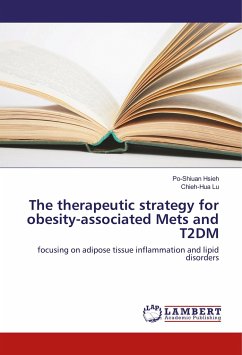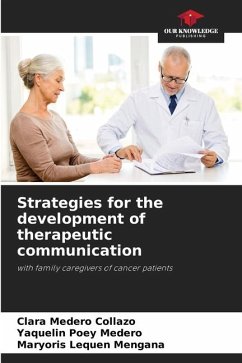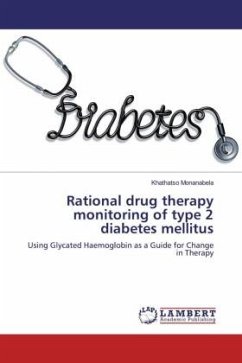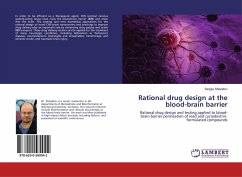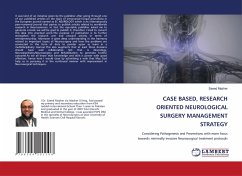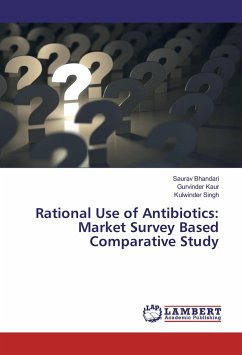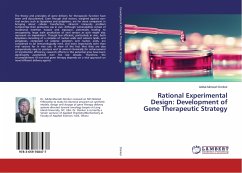
Rational Experimental Design: Development of Gene Therapeutic Strategy
Versandkostenfrei!
Versandfertig in 6-10 Tagen
47,99 €
inkl. MwSt.

PAYBACK Punkte
24 °P sammeln!
The theory and principles of gene delivery for therapeutic function have been well documented. Even though viral vectors, weighed against non-viral vectors such as lipoplexes and polyplexes, are far more competent in bringing about cellular transfection, inherent immunity problem compromise their protective use in vivo. Although vulnerabilities consist of mutational insertion hazard and exposure, potentially leading to oncogenicity, large scale production of viral vectors as such might also represent an impediment. Though less efficient, particularly in vivo, both lipoplexes consisting of a co...
The theory and principles of gene delivery for therapeutic function have been well documented. Even though viral vectors, weighed against non-viral vectors such as lipoplexes and polyplexes, are far more competent in bringing about cellular transfection, inherent immunity problem compromise their protective use in vivo. Although vulnerabilities consist of mutational insertion hazard and exposure, potentially leading to oncogenicity, large scale production of viral vectors as such might also represent an impediment. Though less efficient, particularly in vivo, both lipoplexes consisting of a complex of nucleic acids and cationic lipids, and polyplexes, composed of cationic polymers and nucleic acids, are considered to be immunologically inert, and more importantly safer than viral vectors for in vivo use. In view of the fact that they are also comparatively easy to produce and to amend chemically for enhancement of transfection efficiency, research efforts in this potential area have been significantly augmented over the last decade. Therefore, the accomplishment of non-viral gene therapy depends on a vital approach on novel efficient delivery agents.



